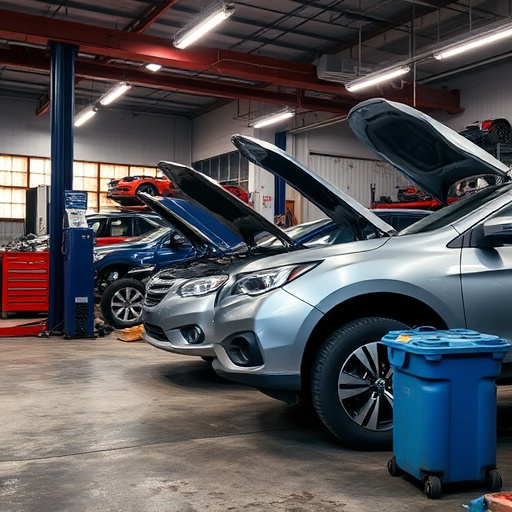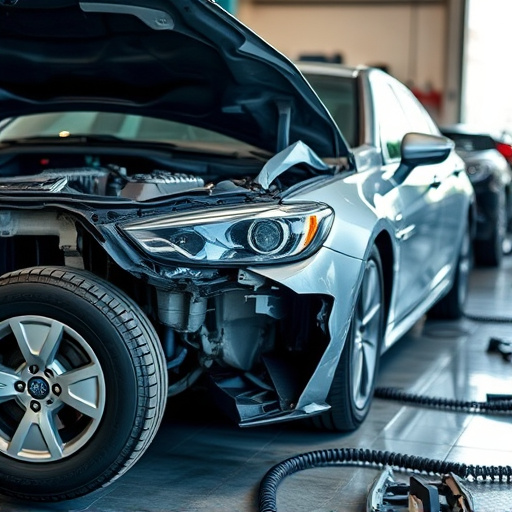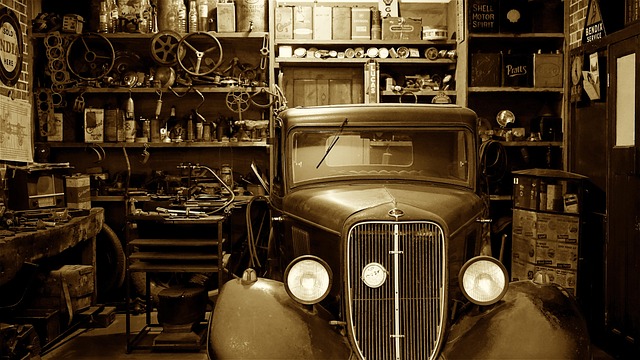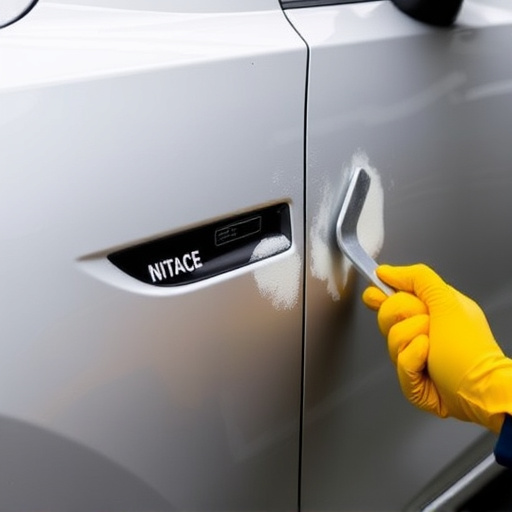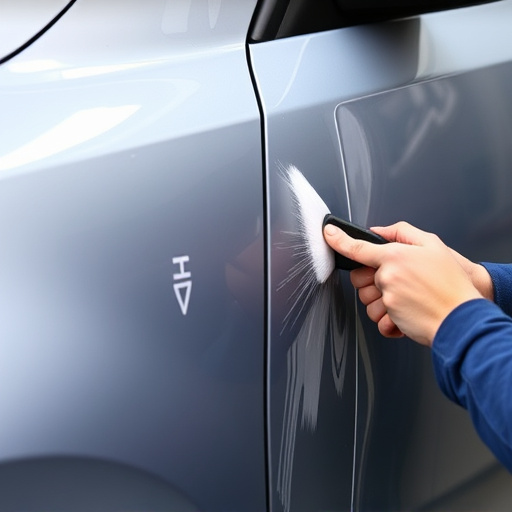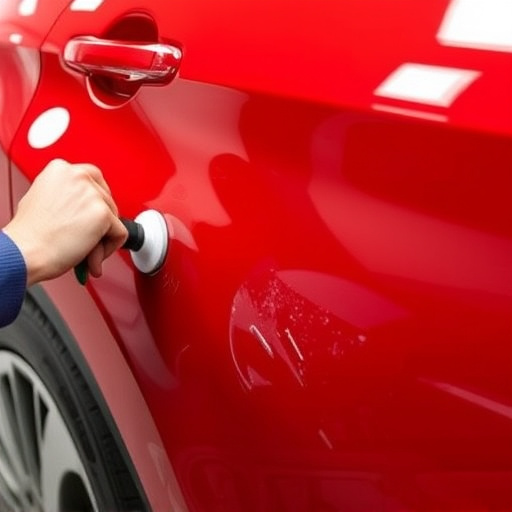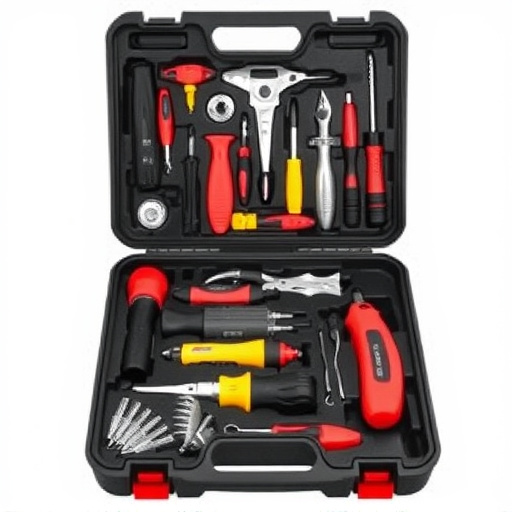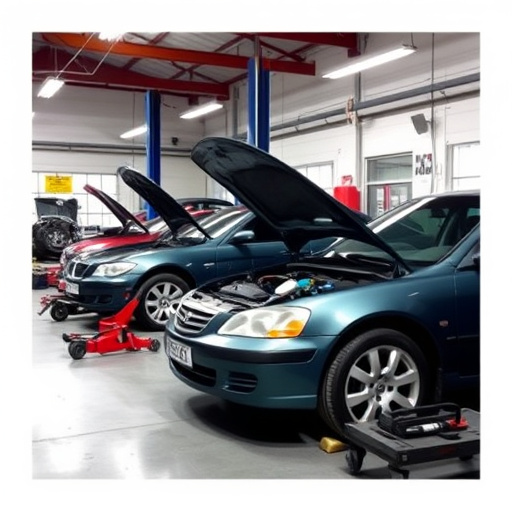The diverse world of electronic measuring equipment serves various industries from construction to automotive sectors, with each type tailored for specific applications offering precise measurements. Choosing the right tool from simple rulers to complex devices is crucial for accuracy, efficiency, and safety in tasks like alignment, repair, or maintenance. Safety considerations include proper calibration, protective gear, good working conditions, and well-ventilated work areas to ensure accurate readings and prevent hazards.
“Unraveling the world of precision measurement, this comprehensive guide delves into the essential aspects of electronic measuring equipment. From understanding diverse types like calipers, multimeters, and oscillscopes to navigating crucial selection factors, safety protocols, and maintenance tips, it’s an ultimate resource for professionals and enthusiasts alike. Discover how to ensure accurate readings and stay ahead in today’s tech-driven world with reliable electronic measuring tools.”
- Understanding Different Types of Electronic Measuring Equipment
- Factors to Consider When Choosing Measuring Tools
- Safety Precautions and Maintenance for Accurate Readings
Understanding Different Types of Electronic Measuring Equipment

The world of electronic measuring equipment is diverse and complex, catering to a wide array of industries from construction and manufacturing to automotive sectors like car collision repair and tire services. Each type is designed with specific applications in mind, offering precise measurements for varied needs. For instance, digital calipers excel at taking accurate dimensions, making them indispensable tools in engineering and precision assembly lines. On the other hand, multimeters are versatile devices capable of measuring voltage, current, resistance, and more, making them essential for troubleshooting electrical systems in automotive body shops and beyond.
Understanding these differences is crucial when selecting equipment for specific tasks. For example, while a simple ruler or tape measure might suffice for basic measurements in DIY projects or home repairs, complex electronic devices are required for fine-tuned work in industrial settings or auto care services. Choosing the right tool ensures not only accurate results but also enhances efficiency and safety in processes like alignment, repair, or maintenance.
Factors to Consider When Choosing Measuring Tools

When selecting electronic measuring equipment, several key factors come into play to ensure accuracy and efficiency. Firstly, consider the specific application and industry requirements. Different tools are designed for diverse tasks; for instance, digital calipers excel at precise measurements in engineering and manufacturing, while laser distance meters are ideal for construction sites needing quick and accurate range findings.
Additionally, think about your budget and the level of precision needed. High-end equipment offers enhanced accuracy but comes with a higher cost. For tasks like auto glass replacement or general maintenance, basic tools suffice; however, for luxury vehicle repair, where precision is paramount, investing in top-tier electronic measuring equipment can significantly improve workmanship and customer satisfaction.
Safety Precautions and Maintenance for Accurate Readings

When working with electronic measuring equipment, safety should always be a top priority. Proper precautions are essential to ensure accurate readings and protect against potential hazards. Before using any device, make sure it is properly calibrated and in good working condition. Follow manufacturer guidelines for regular maintenance checks, which may include cleaning the sensors and ensuring all components are functioning optimally.
For instance, when dealing with equipment used in car body restoration or bumper repair, such as laser measuring tools, it’s crucial to wear protective gear like safety glasses. Additionally, ensure the work area is well-ventilated and free from debris that could interfere with precise measurements. Regular maintenance and adherence to safety protocols are key to obtaining reliable results when utilizing electronic measuring equipment, whether for car collision repair or other precision tasks.
Electronic measuring equipment plays a vital role in various industries, offering precise and efficient data collection. By understanding different types, considering key factors, and implementing proper safety precautions, users can ensure accurate readings and make informed decisions. Incorporating these practices into your workflow will help you leverage the full potential of modern measurement technology.
